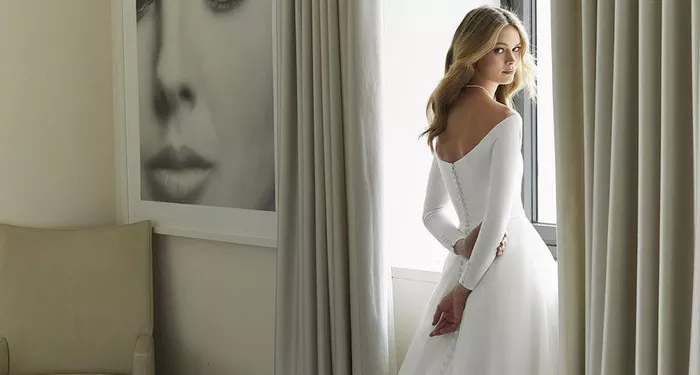Buying a wedding dress is one of the most exciting and significant parts of planning a wedding. However, wedding dresses can also be one of the most expensive items a bride will purchase. With prices ranging from a few hundred to several thousand dollars, finding the right dress at the best price is a priority for many brides-to-be. One important factor influencing the cost is timing — specifically, the month in which you choose to buy your dress.
Why Does Timing Affect Wedding Dress Prices?
Wedding dress prices are influenced by supply and demand, seasonal trends, and industry sales cycles. Bridal shops and designers often adjust their pricing based on the wedding season, new collections, and the need to clear inventory. Because most weddings tend to happen in late spring and summer, demand for wedding dresses peaks in the months leading up to these popular wedding seasons. Conversely, demand drops in off-peak months, creating opportunities for discounts and sales.
The Cheapest Month to Buy a Wedding Dress
While prices and sales vary by region and retailer, data and bridal industry experts commonly point to January as the cheapest month to purchase a wedding dress. Here’s why:
Post-Holiday Sales and Inventory Clearance: Bridal boutiques often receive new collections in the fall and need to clear out last season’s stock to make room. January sales often include significant discounts on previous year’s styles.
Lower Demand: January is a slower month for weddings, so bridal shops are motivated to attract customers with competitive pricing.
Winter Seasonality: The wedding season is generally off-peak in winter months, leading to reduced pricing on dresses.
Other months worth considering for bargains include late fall months like November and early winter months like February, when retailers also clear out inventory and offer promotions.
Additional Tips for Finding the Best Wedding Dress Deals
Besides shopping in January, here are other strategies to get a wedding dress at a lower price:
Shop Off-Season
If your wedding is in summer or spring, consider shopping for your dress in the winter months when demand is low and prices drop. Buying off-season can lead to savings of up to 30% or more.
Look for Sample Sales
Many bridal stores hold sample sales at the end of each season to sell off floor models and last season’s inventory at deeply discounted prices. These sales often happen in January, August, and December.
Consider Trunk Shows
Bridal designers often host trunk shows where their new collections debut. During these events, you can sometimes get special pricing or discounts on custom orders.
Be Flexible with Styles and Designers
Being open to last year’s collections or alternative designers can save money. Dresses that are similar in style but from a less well-known designer often come at a lower cost.
Shop Online and Use Discount Retailers
Online bridal retailers sometimes offer lower prices due to reduced overhead costs. However, be sure to order well in advance to allow for fitting and alterations.
When Should You Avoid Buying a Wedding Dress?
The months immediately preceding peak wedding season — typically April through June — tend to be the most expensive times to buy a dress. During this period, demand is at its highest, and bridal shops have less incentive to discount their gowns. Additionally, waiting too close to your wedding date may limit your options and increase stress.
Planning Ahead: How Much Time Should You Allow?
Regardless of the month you purchase your dress, it’s recommended to buy your gown at least 6 to 9 months before your wedding date. This allows sufficient time for ordering, shipping, fittings, and alterations. If you wait for last-minute sales, you risk not having enough time for adjustments, which could end up costing more or causing delays.
Conclusion
For brides seeking the best value on their wedding dress, January stands out as the cheapest month to buy, thanks to post-holiday sales, inventory clearance, and lower demand. Shopping off-season, attending sample sales, and being flexible with styles can further reduce costs. Conversely, purchasing a dress during the busy spring and early summer months usually means higher prices and limited discounts. By planning ahead and strategically timing your purchase, you can find a beautiful wedding dress that fits both your style and your budget, making your wedding planning journey more enjoyable and stress-free.


